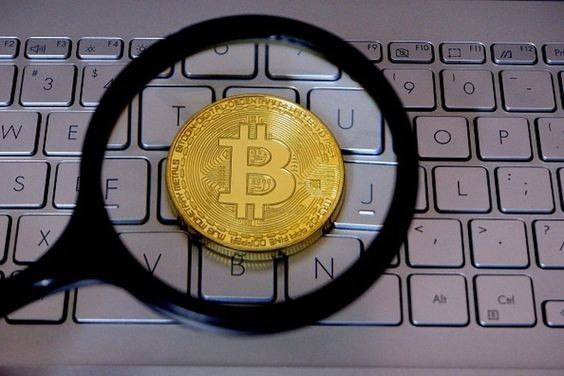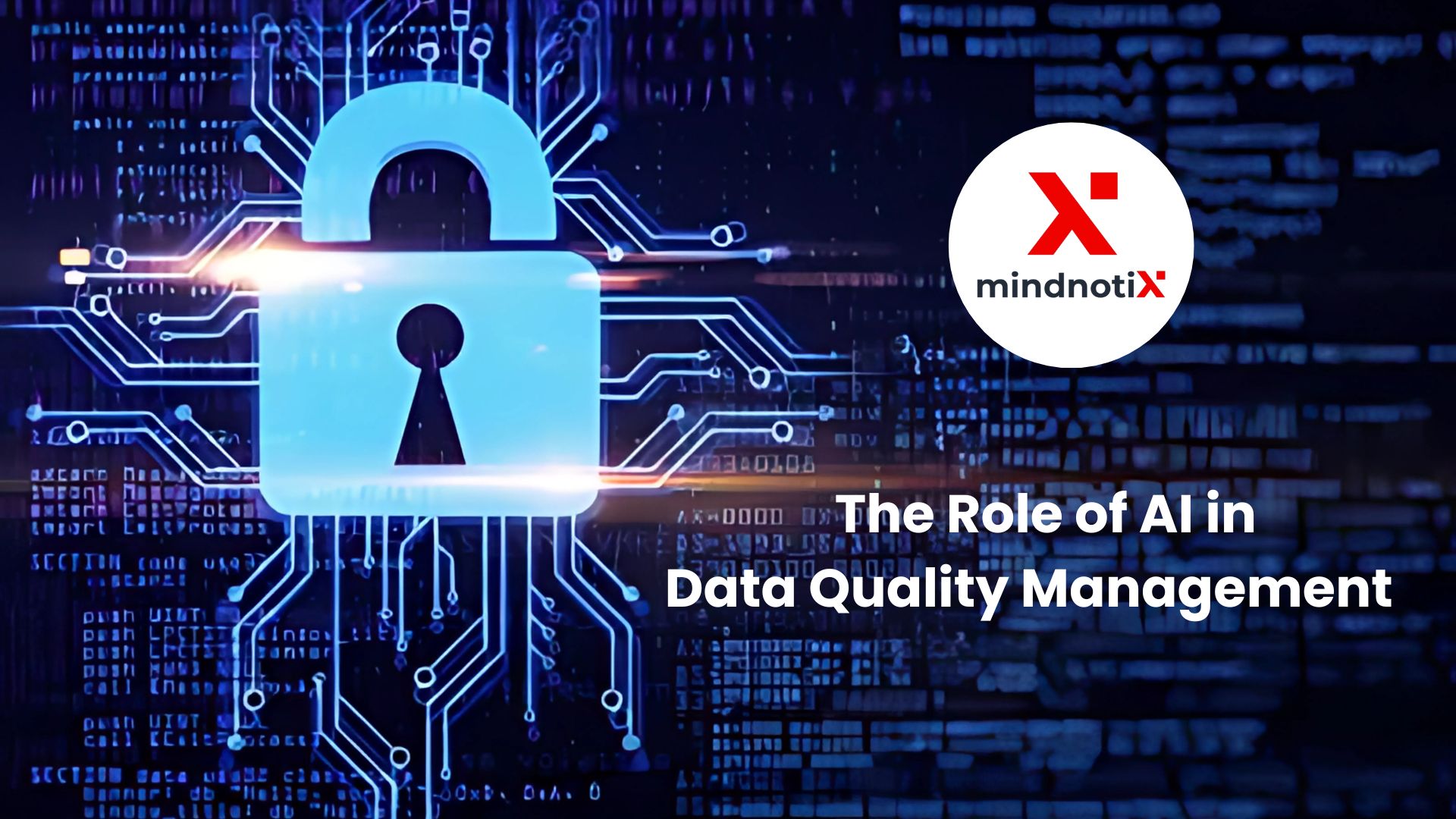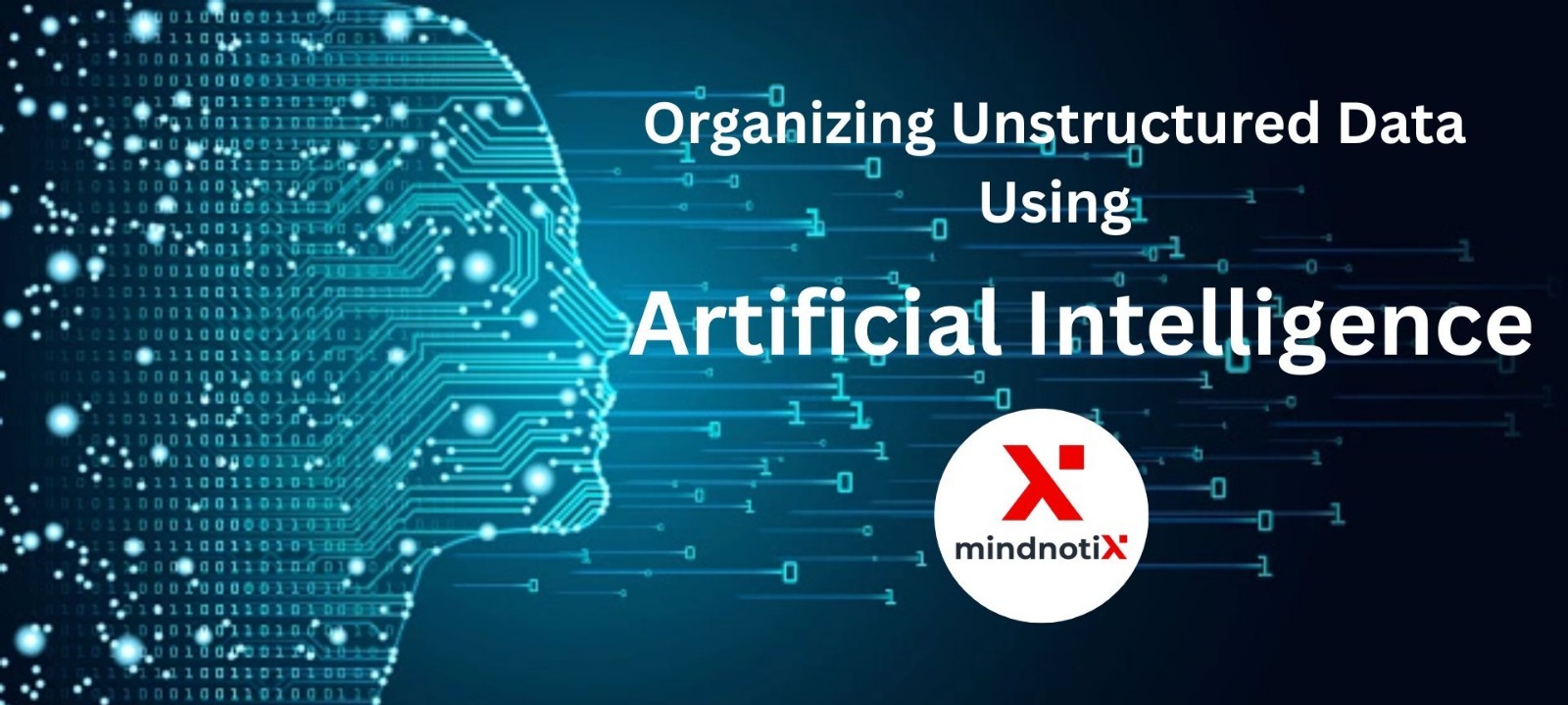In the age of digital transformation, blockchain technology stands out as a revolutionary force reshaping industries and redefining governance structures. At the core of blockchain lies a philosophy of decentralization—a departure from traditional hierarchical systems towards distributed networks where power is dispersed among participants. This decentralization forms the foundation for innovative governance models that prioritize transparency, inclusivity, and consensus-building.
Understanding Decentralization:
Decentralization, in the context of blockchain, refers to the distribution of authority and decision-making across a network of nodes rather than centralized entities. Unlike traditional systems where a central authority controls data and processes, blockchain networks operate on principles of peer-to-peer interaction, cryptographic verification, and consensus mechanisms.

The benefits of decentralization are manifold. Enhanced security, achieved through cryptographic encryption and consensus algorithms, mitigates the risk of single points of failure and malicious attacks. Transparency is another hallmark of decentralized systems, where data is immutable and accessible to all network participants, fostering trust and accountability.
Governance in Traditional Systems vs. Blockchain:
Traditional governance models rely on centralized authorities—governments, corporations, or institutions—to formulate and enforce rules, allocate resources, and make decisions. While centralized governance may offer efficiency and clear lines of authority, it often lacks transparency, excludes marginalized voices, and is susceptible to corruption or manipulation.
In contrast, blockchain governance models distribute decision-making power among network participants, creating a more democratic and resilient framework. By leveraging consensus mechanisms such as proof-of-work (PoW), proof-of-stake (PoS), or delegated proof-of-stake (DPoS), blockchain networks enable stakeholders to collectively validate transactions, propose protocol upgrades, and resolve disputes without relying on intermediaries.
Types of Blockchain Governance Models:
Blockchain governance models can be categorized into two primary types: on-chain governance and off-chain governance.
On-Chain Governance: On-chain governance involves making decisions directly on the blockchain through built-in consensus mechanisms and smart contracts. Participants stake tokens or vote on proposals to enact changes to the protocol. Examples of blockchain projects employing on-chain governance include Tezos, where stakeholders vote on protocol amendments, and Decred, which uses a hybrid proof-of-work/proof-of-stake consensus algorithm with on-chain voting.
According to a study by CoinDesk, as of 2021, over 60% of blockchain projects have implemented some form of on-chain governance, highlighting its growing popularity and effectiveness in facilitating decentralized decision-making.
Off-Chain Governance:
Off-chain governance mechanisms operate outside the blockchain and involve discussions, debates, and voting conducted through forums, community meetings, or other communication channels. While off-chain governance may lack the efficiency and security of on-chain mechanisms, it allows for broader participation and deliberation among stakeholders.
A report by Deloitte suggests that 40% of blockchain projects utilize off-chain governance structures to facilitate decision-making, emphasizing the importance of community engagement and consensus-building in decentralized networks.
Challenges and Considerations:
Despite the promise of blockchain governance, challenges remain in implementing effective decentralized systems. Scalability, interoperability, and participation are key areas of concern, as blockchain networks seek to accommodate growing user bases and diverse use cases while maintaining decentralization and security.
Interoperability between different blockchain platforms and legacy systems is another hurdle, requiring standards and protocols to enable seamless communication and data exchange. Additionally, ensuring broad participation and representation in governance processes is essential to prevent centralization and promote inclusivity.
Case Studies and Best Practices:
Several blockchain projects serve as exemplars of effective governance practices. Ethereum's transition to Ethereum 2.0, with its shift to a proof-of-stake consensus mechanism and on-chain governance proposals, demonstrates the adaptability and resilience of decentralized networks.
Tezos, known for its self-amending ledger and on-chain governance mechanisms, empowers stakeholders to propose and vote on protocol upgrades, fostering a dynamic and responsive ecosystem.
Best practices for implementing blockchain governance models include transparency in decision-making processes, inclusivity in participation, and adaptability to evolving community needs. By prioritizing open dialogue, consensus-building, and adherence to shared values, blockchain communities can navigate complex challenges and drive meaningful innovation.
Conclusion:
Blockchain governance models represent a paradigm shift towards decentralized decision-making, where power is distributed among network participants rather than concentrated in the hands of centralized authorities. By embracing principles of transparency, inclusivity, and collaboration, blockchain communities pave the way for a more equitable and resilient digital future.
As blockchain technology continues to evolve and mature, so too will our understanding of governance models that promote trust, accountability, and innovation. By championing decentralization and democratizing decision-making processes, blockchain networks hold the potential to revolutionize industries, empower individuals, and reshape the fabric of society.
In the dynamic landscape of blockchain governance, the journey towards decentralization is ongoing, marked by experimentation, adaptation, and collective action. As we navigate this transformative journey, let us remain steadfast in our commitment to building inclusive, resilient, and sustainable blockchain ecosystems for generations to come.
For more information contact : support@mindnotix.com
Mindnotix Software Development Company


 AI-Taxi App
AI-Taxi App AI-Food App
AI-Food App AI-Property Mgmt App
AI-Property Mgmt App AI-CRM
AI-CRM AI-Fantasy App
AI-Fantasy App
 Web Development
Web Development App Development
App Development Business & Startup
Business & Startup Hire Developer
Hire Developer
 Digital Marketing
Digital Marketing Lead-generation
Lead-generation Creative Agency
Creative Agency Branding Agency
Branding Agency Augmented Reality
Augmented Reality Virtual Reality
Virtual Reality Internet of Things
Internet of Things Artificial Intelligence
Artificial Intelligence Blockchain
Blockchain Chatbot
Chatbot



